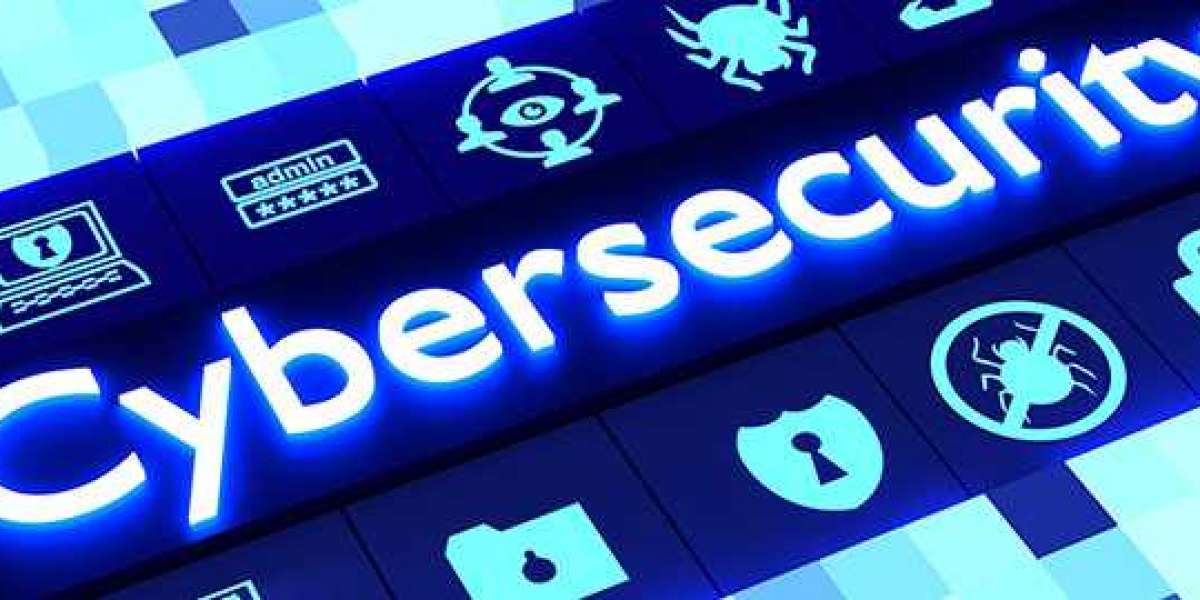We hope that our security tips and cyber security recommendations can assist our readers in becoming more aware of cyber security. These security recommendations were developed from our experience in managing the millions of security events for companies and professionals around the globe.
Are you looking to know more about Java and pursuing a career such in ethical hacking, cryptography, computer networks security, application security, Adam (identity access management), vulnerability analysis, malware threats, sniffing, SQL injection, DoS, session hijacking, and various security practices for businesses from scratch with hands-on demonstrations. You should check for the Cyber Security Certification.
The Most Important Cyber Security Strategies for individuals
1. Make sure your software is up to date
Ransomware attacks were a significant threat to businesses and users during 2017, as evidenced by the statistics above. The patching of outdated software, including applications and operating systems, is among the most critical cyber security methods to prevent ransomware.
This helps remove the significant vulnerabilities hackers can exploit to gain access to your devices. Here are some tips to help you start:
Your device should be set to update your system automatically.
Ensure that your computer's web browser is downloaded and installs security updates regularly.
2. Install antivirus software as well as a firewall
To protect against malicious attacks, antivirus (AV) security software is the most commonly used method. Other harmful viruses and malware are blocked from entering your device and destroying your data with antivirus software. Only use one antivirus program on your device, and use a reliable supplier.
To protect your data from attacks, firewalls are crucial. A firewall guards your computer by blocking malware, hackers, and other harmful behavior on the Internet and deciding what data is permitted to pass through. Windows Firewall, as well as Mac Firewall, are the firewalls that are included in Windows as well as Mac OS X, respectively. To guard your network against dangers, your router should have a firewall.
3. Make solid passwords and utilize a password manager
Strong passwords are crucial to ensure internet security, You've likely heard. The importance of passwords is to keep hackers from accessing your personal information! Following the latest password policy guidelines released by NIST National Institute of Standards and Technology (NIST) in the year 2017, it is essential to be thinking about:
Get rid of the bizarre complicated combination of uppercase characters such as symbols, letters, and numbers. Instead, select an easier-to-use format with at least eight characters extended and not greater than 64 characters.
Don't re-use this password.
Minimum one lowercase and an uppercase and one numeral, along with four other symbols, are needed, and not required are the characters or percent@.
Make sure you choose a password that's easy to remember and don't leave any password hint out to the public or in an area where hackers could be able to see it.
If you have forgotten your account password, you can reset it. As general guidelines, change it every year.
Use password management software or vault for passwords to simplify managing your passwords. For those looking for a free password management tool, LastPass is sure to be a valuable tool. LastPass offers free accounts and a $2/month premium, including extra password options.
4. Authentication using two-factor or multi-factor
Two-factor authentication, also known as multi-factor authentication, is a system that adds more levels of security to the conventional security of password-based online identity. The typical user enters your username and password with no two-factor authentication. However, if you choose to use two-factor authentication, you'll be required to enter additional authentication methods like a Personal Identification Code, another password, and even your fingerprint. After entering your login and password, you'll have to input two authentication options when using multi-factor authentication.
SMS delivery shouldn't be utilized during two-factor authentication, as per NIST, as malware could be used to penetrate mobile phone networks and even compromise information in the process.
5. Be aware of phishing scams and be cautious of calls, emails, and pamphlets.
This year's phishing scams seem more threatening than ever, as per an article on a blog. A phishing scam is when the attacker takes on the persona of an entity that isn't the sender to trick the victim into divulging personal information or clicking on a malicious hyperlink and opening an attachment that infects the machine with trojans, malware, or zero-day vulnerabilities. It is often the result of the threat of a ransomware attack. In reality, phishing attacks cause 90% of ransomware attacks.
Here are some essential cyber security strategies to remember in the face of phishing schemes:
Don't open email messages from people you do not already know.
Find out which links are safe and which ones do not. Your mouse over the link to find out the direction it takes.
Be wary of any emails that are sent to you. Be sure to check the email source and whether there are grammatical errors.
Friends that have also been affected could be the source of harmful websites. Therefore, you should ensure that you are taking extra precautions!






